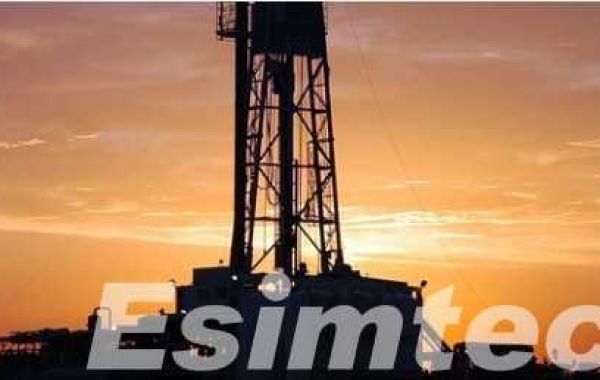- Data Analysis and Interpretation
Vast datasets: AI can process and analyze massive amounts of data, including seismic data, well logs, and geological information.
Pattern recognition: AI algorithms can identify patterns and anomalies in data that may indicate the presence of oil or gas reservoirs.
Predictive analytics: AI can predict reservoir properties, such as porosity and permeability, based on historical data.
- Seismic Interpretation
Image processing: AI can improve the quality and interpretation of seismic images, revealing hidden geological structures.
Feature extraction: AI can automatically extract relevant features from seismic data, such as faults and fractures, for analysis.
Depth conversion: AI can enhance the accuracy of depth conversion, which is crucial for locating oil and gas reservoirs.
- Reservoir Characterization
Geological modeling: AI can create more accurate geological models of reservoirs, including their geometry and properties.
Uncertainty quantification: AI can quantify uncertainty in reservoir models, helping to reduce risk in exploration decisions.
Fluid flow simulation: AI can simulate fluid flow in reservoirs to predict production rates and optimize field development plans.
- Well Planning and Optimization
Well placement: AI can help determine the optimal location for wells to maximize oil and gas recovery.
Well trajectory design: AI can optimize well trajectories to avoid obstacles and reach target reservoirs efficiently.
Well completion design: AI can assist in designing well completions that are tailored to specific reservoir conditions.
- Exploration Risk Assessment
Probabilistic modeling: AI can build probabilistic models to assess the risk associated with exploration projects.
Scenario analysis: AI can analyze different scenarios and their potential outcomes to inform decision-making.
Risk mitigation strategies: AI can suggest strategies to mitigate risks and improve the chances of success.
- Autonomous Operations
Remote operations: AI can enable remote operations of drilling rigs and other equipment, reducing the need for human intervention.
Automation: AI can automate routine tasks, such as data collection and analysis, freeing up human resources for more strategic activities.
By embracing AI, the oil and gas industry can unlock new opportunities for oil and gas exploration and production. AI's ability to process vast amounts of data, identify patterns, and make predictions can lead to more efficient and successful operations. As AI technology continues to advance, its role in oil and gas exploration will undoubtedly become even more significant.







